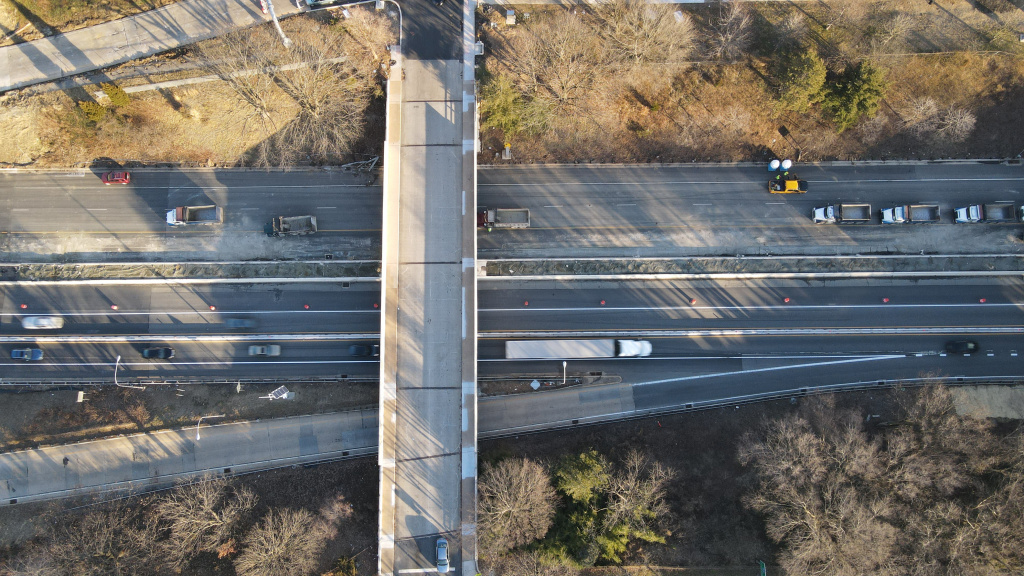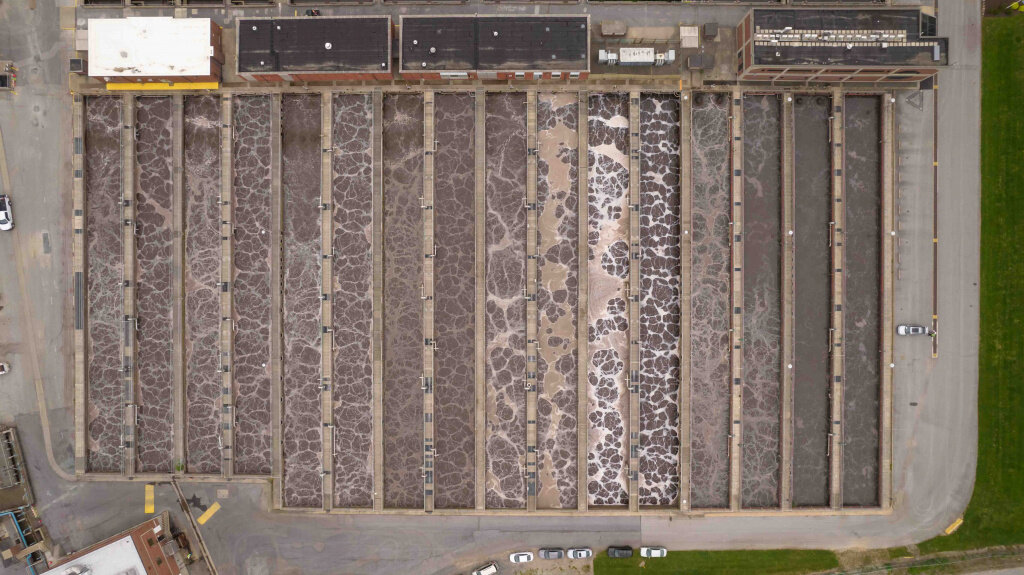Infrastructure bill passes Senate with major wins for Delaware
August 10, 2021
Expands investment in roads and rail, public transit, broadband internet, clean water, climate resilience
WASHINGTON – Today, U.S. Sen. Chris Coons (D-Del.), a member of a bipartisan group of 22 senators who negotiated the bipartisan infrastructure deal, voted to pass the Infrastructure Investment and Jobs Act [epw.senate.gov], which makes the largest long-term investment in U.S. infrastructure and competitiveness in nearly a century.
“Today’s passage of the bipartisan infrastructure deal shows what we can accomplish when we work together,” Sen. Coons said. “This investment is going to lay the foundation for years of infrastructure improvements on everything from roads and rail to clean water, climate resiliency, and access to high-speed internet in Delaware and across the country. It will create good-paying jobs in communities across our state without raising taxes, and I urge the House to act swiftly so we can send it to the president’s desk to be signed into law.”
The $1 trillion infrastructure package supports high-paying jobs, vital projects, and internet connectivity in Delaware and throughout the country. Major investments include:

Construction on I95 in the city of Wilmington. Photo By Saquan Stimpson
- Roads and Bridges: In Delaware, there are 19 bridges and over 250 miles of highway in poor condition. The bill invests $110 billion in roads, bridges, and other significant projects. This investment will repair and rebuild roads and bridges focusing on climate change mitigation, resilience, equity, and safety for all users, including cyclists and pedestrians.
- Transit System: The infrastructure bill provides $39 billion to modernize our nation’s transit system and make public transportation more accessible.
- Rail: The bill provides $66 billion for rail, including the largest investment in passenger rail since Amtrak’s creation. Within this funding, $22 million would be provided as grants to Amtrak, $24 billion as federal-state partnership grants for Northeast Corridor (NEC) modernization, $12 billion for partnership grants for intercity rail service, $5 billion for rail improvement and safety grants, and $3 billion for grade crossing safety improvements. The rail funding will allow NEC service providers, including Amtrak, to make necessary capital investments. The NEC is one of the busiest and most complex rail lines globally and runs through New Castle County with stops at Wilmington and Newark. The state-of-good-repair backlog in the NEC has climbed to over $40 billion, and Amtrak and other infrastructure owners lack the long-term funding to address it. Senator Coons has been leading an effort in the Senate to address this issue.
- Ferries: The bill includes $250 million for a new low-emission ferry pilot program. Delaware’s ferry system, run by the Delaware River & Bay Authority, connects Lewes to Cape May, N.J.
- Clean Energy: The bill invests $73 billion in our nation’s energy infrastructure, including much-needed modernizations to our electric grid and funding for Senator Coons’ Storing CO2 And Lowering Emissions Act [coons.senate.gov], which supports the buildout of CO2 transport and storage infrastructure. As the nation’s first comprehensive CO2 infrastructure bill, it would drive deployment of carbon capture, utilization, and storage technology and create thousands of jobs. The bill also includes $3.5 billion for the Weatherization Assistance Program, which has helped lower energy costs for thousands of low-income Delawareans.

Wilmington Wastewater Treatment Plant in Wilmington, DE. Photo By Saquan Stimpson
- Clean Water and Pollution Remediation: Over the next 20 years, Delaware’s drinking water infrastructure will require about $1 billion in additional funding. The infrastructure bill calls for $55 billion for clean drinking water in the country, including significant funding to address PFAS contamination. The bill contains $21 billion for environmental remediation, including funds to clean up Superfund and Brownfield sites.
- Resilience: From 2010 to 2020, Delaware experienced 10 extreme weather events, costing the state up to $2 billion in damages. The bipartisan infrastructure bill invests $46 billion for resilience across the country, including $26 million for the Delaware River Basin Restoration Program [fws.gov], $238 million for the EPA Chesapeake Bay Program [epa.gov], and $200 million for the NOAA Marine Debris Program.
- Broadband: The infrastructure bill authorizes $65 billion to connect every American, including those in rural areas of Delaware, to high-speed internet. Almost 4% of residents in Delaware live in areas where, by one definition, there is no broadband infrastructure that provides minimally acceptable speeds. Even where broadband infrastructure is available, broadband may be too expensive to be within reach. More than 10% of Delaware households do not have an internet subscription.
- Ports and Airports: The bill calls for $17 billion for port infrastructure and $25 billion for airports to reduce congestion and emissions and address maintenance backlogs.
- School Buses: $5 billion for electric and low-carbon school buses to reduce the exposure of students in Delaware and around the country to pollution.
- Reconnecting communities: The bill provides $1 billion for a new program to reconnect communities divided by the interstate highway system and other transportation infrastructure, as called for in the Reconnecting Communities Act, which Senator Coons cosponsored. This would help fund projects like a highway cap on I-95 in Wilmington.

